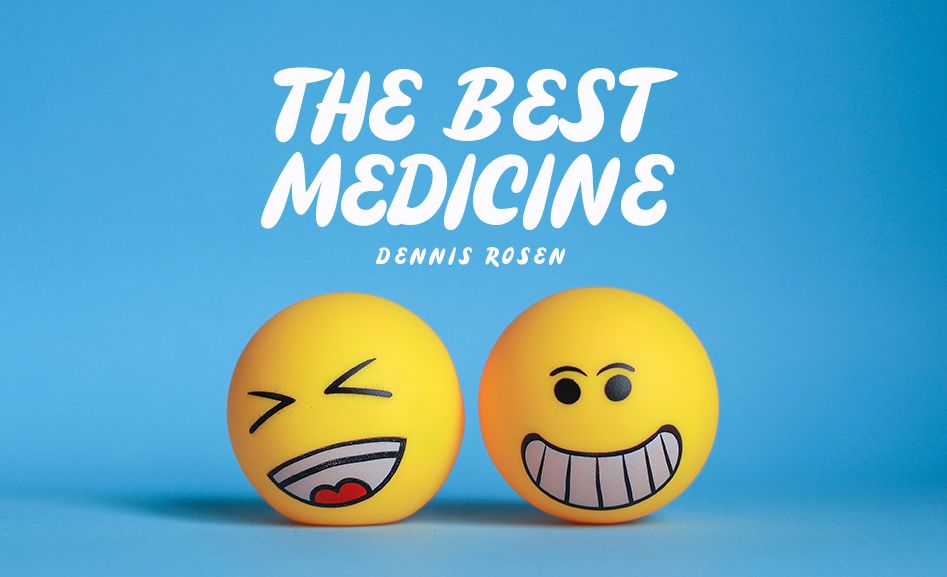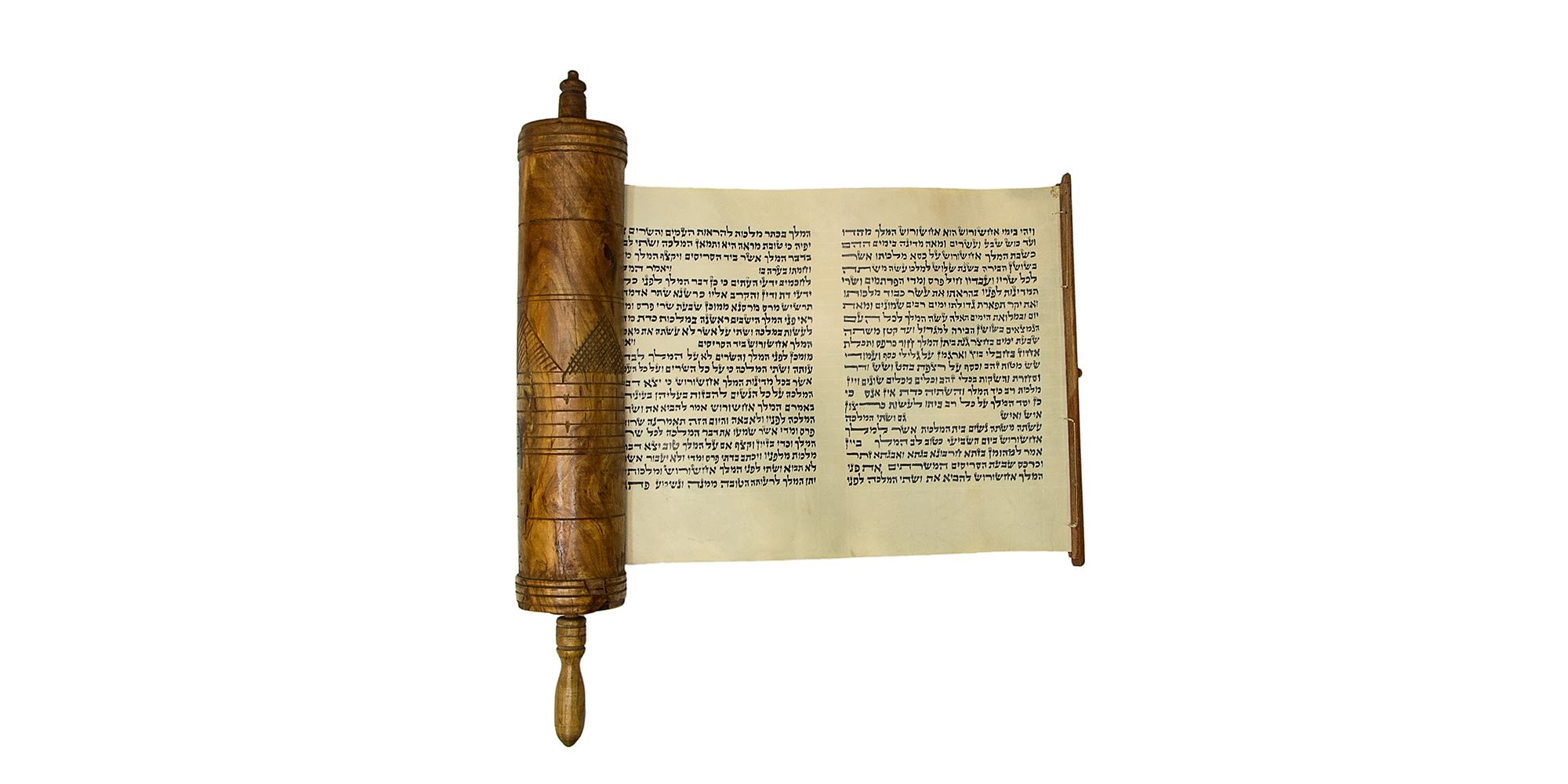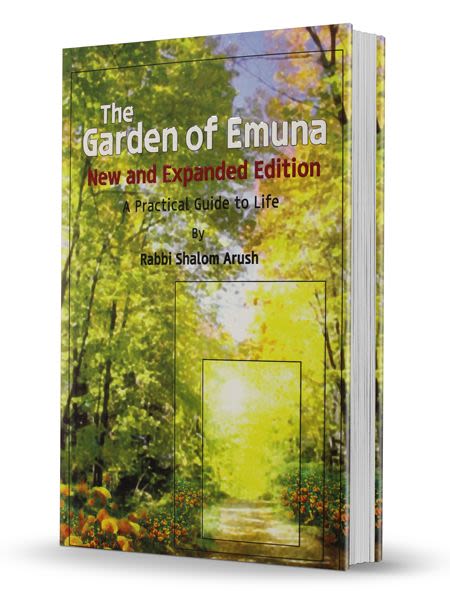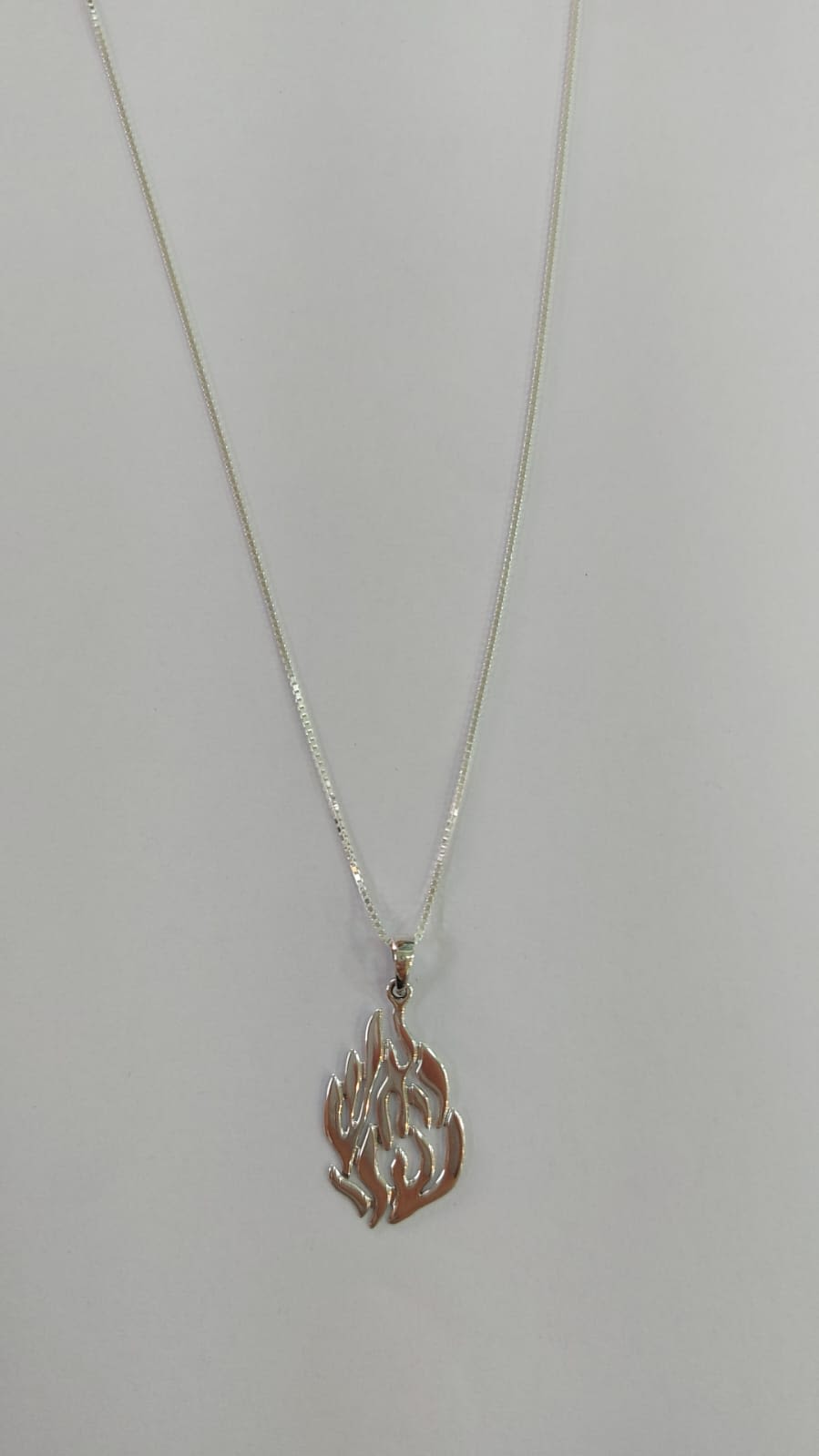
Follow the Dots
A good project before Pesach is to go through each period of our lives: childhood, adolescence, and young adulthood, connecting positive memories like dots…

The Foundation of Happiness
Have you ever watched your kids splashing water in a pool with total abandon and joy? Or, maybe you remember how they threw sand or mud all over the place. They weren’t just making a mess. Long before they start their formal education, Hashem puts infants and young children through a rigorous curriculum of learning how to be joyful and happy. The joy that they experience when they’re young is the foundation for their ability to be happy and spontaneous throughout their lives. What happens to these inner resources as we age and how can we even surpass the joy that we once had?
Over-Generalization
There is a story about a woman who went to a friend’s wedding. It was catered in a beautiful hall and she very much enjoyed the festive atmosphere, food, wine and socializing. She danced and spent almost four hours having fun. During the last ten minutes of the night, a waiter clumsily spilled some desert on her dress which turned into a big brown stain. She went home feeling furious at the waiter, and when her husband asked her how her evening went, she snapped at him saying that she wished she had not gone. What happened to all of the joy she had experienced before the stain? If we could review her evening on film, frame by frame, we would see hundreds of happy pictures until we got to the last few frames that show her with the waiter and the brown stain. She generalized from the last picture and nullified all of the happiness that preceded it.
The Torah Commands us to be Happy
The Torah obligates us to be happy. It says: “You shall rejoice with all the good that the Almighty has given you.” (Devorim 26:11). It’s interesting that the Torah speaks in the past tense, “given”. Can one be commanded to feel happy? According to our Sages, it is not the nature of man to be happy. Man’s nature is to constantly want more than he presently has. He who has one hundred wants two hundred” (Koheles Rabbah, 1:34) so how can the Torah legislate happiness?
Connecting our Good Points
 Rabbi Arush told us to prepare ourselves for Purim by praying in the forest. We went up to the grave of Shimshon HaGibor (Samson the Mighty). Looking down at the majestic trees and rock formations surrounding Beit Shemesh and the territory of Yehuda I asked Hashem: how we could overcome our proclivity for sadness, and, it wasn’t until the end of the day that I started getting answers. A stream of pleasant memories began: my fourth birthday party; the thrill of being lifted above the waves by my father’s strong hands; sinking a winning jump shot, sights and smells from my grandmother’s kitchen. It was like Hashem opened the Royal Treasure chest and said: “Ok Zev, take as much as you want. But be careful not to waste it.”: a whispered comment from my old coach “tonight’s the big game… Don’t be afraid to shoot”. Well it’s not basketball anymore but the message is the same: don’t be afraid Zev, shoot for more Talmud, more Shulcan Aruch, more Shalom Bais. I remembered the excitement of ripping open Chanukah presents; bedtime stories; trips to the country; camping, scuba diving; my first shiny red bike; my son’s first bike too; hide and seek; the first day of school; sitting by the window and following a snowflake till it landed on the windowsill; getting married; the births of my kids; moving to Israel, a memorable jog and little bird that I’ll never forget.
Rabbi Arush told us to prepare ourselves for Purim by praying in the forest. We went up to the grave of Shimshon HaGibor (Samson the Mighty). Looking down at the majestic trees and rock formations surrounding Beit Shemesh and the territory of Yehuda I asked Hashem: how we could overcome our proclivity for sadness, and, it wasn’t until the end of the day that I started getting answers. A stream of pleasant memories began: my fourth birthday party; the thrill of being lifted above the waves by my father’s strong hands; sinking a winning jump shot, sights and smells from my grandmother’s kitchen. It was like Hashem opened the Royal Treasure chest and said: “Ok Zev, take as much as you want. But be careful not to waste it.”: a whispered comment from my old coach “tonight’s the big game… Don’t be afraid to shoot”. Well it’s not basketball anymore but the message is the same: don’t be afraid Zev, shoot for more Talmud, more Shulcan Aruch, more Shalom Bais. I remembered the excitement of ripping open Chanukah presents; bedtime stories; trips to the country; camping, scuba diving; my first shiny red bike; my son’s first bike too; hide and seek; the first day of school; sitting by the window and following a snowflake till it landed on the windowsill; getting married; the births of my kids; moving to Israel, a memorable jog and little bird that I’ll never forget.
Hashem has given us our own personal search engines in order to “…rejoice with all of the good that the Almighty has given [us].” It’s only Amalak (the Evil Inclination) who wants us to forget the good that we’ve been given. Every joyous experience no matter how small happened to us for a reason. The joy of weddings, bar mitzvahs, graduations or the birth of children was meant to be reviewed again and again whenever you need more joy. The positive affect associated with the memory gives you joy in the present. Our unconscious minds are much closer to Hashem than we are. Just as Hashem is beyond time, so too is our unconscious not limited by time. If you close your eyes and remember riding your first tricycle you are still there. Our minds are always searching to find pleasantness in the world and in ourselves and to synthesize the two. We just need to get out of the way. When we remember all of the good nekudos (points) of our lives, we are attaching ourselves to Hashem through joy. This keeps us healthy, both physically and spiritually.
A good project before Pesach is to go through each period of our lives: childhood, adolescence, and young adulthood, etc. and write down as many positive memories we can remember. They don’t all have to be ecstatic memories it is enough to remember a feeling of contentment, fulfillment, or something that was mildly gratifying. We should help each of our children to do this as well. Then review your child’s list before bedtime or before they go to school in the morning. We can carry our lists with us; add to them and even put them on a tape or disk. They will not only strengthen our immune function and add years to our lives, they will rectify creation and hasten the coming of Mashiach.
Do you remember how you learned to draw by connecting the numbered dots? Every good point on your list is connected to your other good points. By reviewing them, you are creating a positive picture of yourself. For the picture to be complete we also need the empty spaces between the dots. The empty spaces are those memories that we don't yet know are good. God has given us the ability to forget them. But they are necessary too. Someday, God willing, we’ll have even more joy from the empty spaces than from the dots themselves.
Hashem doesn’t expect us to be constantly dancing and singing as we walk down the street. But he does want us to strive for a basic sense of contentment with the events of our lives and to maintain optimism at all costs. Yes, God works in mysterious ways: dolls, toy soldiers, and monopoly can bring Mashiach. There is absolutely nothing that is random about our lives. Even as I’m writing this I’m remembering our black and white Collie, Patty. I’m no more than two and a half years old. We are in the kennel and the puppy is jumping up onto me. I’m yelling to my parents: “This one! I want this one! My unconscious isn’t simply directing me to a pleasant memory; it is using the memory as a catalyst to feel joy. Once I feel joy, it doesn’t matter if the image fades. I’ll try and take that joy and use it for its highest purpose -to speak with Hashem and to thank Him for what I have. We should all merit to give boundless joy to our Father in Heaven.











Tell us what you think!
Thank you for your comment!
It will be published after approval by the Editor.